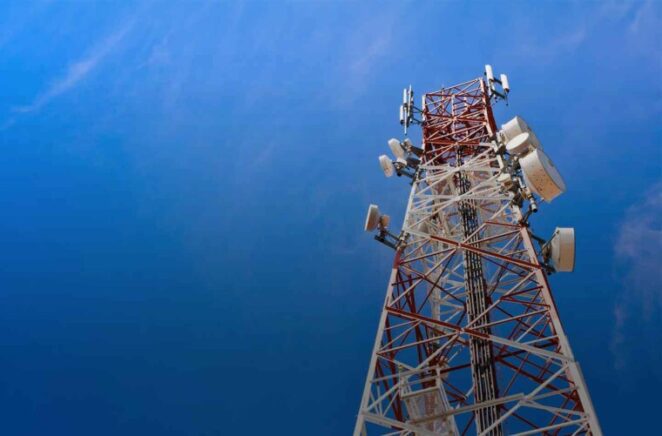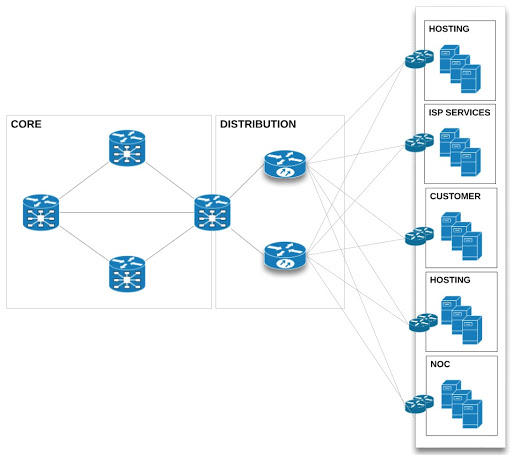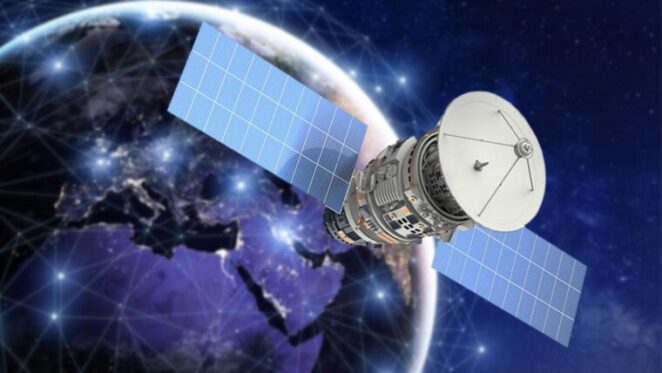Before we move on to discuss the differences between ISP and Telco, it is important to be clear about these two terminologies under discussion. ISP refers to Internet Service Provider while Telco stands for telecommunication. The telecommunication companies are the ones that provide telephone services in our homes or at offices. ISP, on the other hand, offers residential or business services. Telco initially made use of cables to transmit data and later these cables also served as a medium to provide internet service via dial-up connections.
You might recall, what seems like ages ago, when telephone lines were used for internet access through establishing dial-up connections. Though the emergence of the internet changed the face of the telecommunication industry and opened new horizons for people to communicate or interact, telephone services are still a part of the American lifestyle and have a place in our lounges.
Nowadays, more users avail phone services as part of a double play or triple play. You can click here to find out more about some of the best home phone offers and grab the right one for yourself.
What was primarily a telephone company later started offering internet services as well, the latest outcome of which is the fiber optic cables we see today that made lightning-fast internet speeds a reality. Once a sought luxury, the internet services today are “always-on” and widely accessible almost everywhere, in one form or another. Be it DSL, cable internet, satellite internet, or fiber optic internet, each has its own set of benefits and limitations and plays an iconic role in providing internet access to the people dwelling in different parts of the world. ISPs have started offering separate residential internet and business internet plans owing to the distinct connectivity needs and demands. This way ISPs are better able to facilitate the residential and business users as per their speed requirements and affordability.
Business owners are willing to invest more in high-speed internet access, knowing that it is going to directly impact their business growth rate. ISPs take more responsibility for consistent and lag-free access for businesses along with providing other additional features and benefits. On the other hand, a wide range of residential internet plans with varying speeds and costs are available for home users, who get to choose net speeds that can cope with their online routines and usage well, and at a more budget-friendly price.
With the basic clarity regarding telco and ISP established, let us now proceed towards their further details and comparison.
What is Telco?

Telco stands for telecom providers, which mainly offer voice call and text message services. The telephone service providers make use of Twisted Pair Cable to provide telephone service along with internet services catering speeds of around 15 Mbps.
Telecommunication Service Providers
TSP or Telecommunication Service Providers mainly refer to local telephone companies, wireless communication services as well as local exchange carriers. They are responsible for providing landline and cell phone services. Users can also send or receive text messages or faxes along with the local and long-distance call features for home or business users. Various TSPs offer different hardware support, coverage, per minute cost, customer service, and charge a certain monthly bill. There are various calling plans and packages available with a wide range of call features like call waiting, voicemail, and caller ID, etc. Business customers can avail of advanced features like extension calling, three-way conferencing, auto-attendant, and hunt groups, etc.
What is ISP?

An ISP or Internet Service Provider refers to a company that offers access to people. It can be a satellite net provider, a cable provider, a fiber-optic internet provider, or a DSL internet provider. Every internet service type has its benefits and limitations. Each internet service provider has its range of speeds, packages, and rates. Similarly, different ISPs provide various rental equipment required for getting internet accessibility. Here is a quick overview of the various types of ISPs and some main highlights of what to expect in terms of connectivity and speeds.
- Cable Internet
Cable internet providers use coaxial cables and are capable of offering much higher speeds ranging from around 50 Mbps to as high as 1000 Mbps. Users prefer cable internet over other types because of impressively fast speeds and affordable pricing. So, cable ISPs are well known for offering stable and fast internet connectivity.
- Satellite Internet

Satellite internet is a top choice for people living in rural areas where other internet types might not be available due to lacking infrastructure. The urban area users might not prefer satellite net since it is usually pricey and provides comparatively lower speeds. So, if you are looking for a faster internet connection, you might want to consider cable or fiber net, which is easily accessible in cities. Moreover, satellite internet is also more prone to be affected by weather conditions like heavy rainfall. The obvious reason being that its equipment is located outside usually mounted on the roof, so it is more exposed to any wear and tear, unlike a router or modem which is placed inside the house.
- Fiber Internet
Fiber internet providers ace in offering blazing fast speeds of 1 Gbps and beyond, through the utilization of the latest and more efficient fiber optic technology. If super-fast internet speed is what you desire, then you should definitely opt for a reliable fiber internet service provider. It is usually expensive and does not have very extensive coverage since it’s a newer technology and requires fiber-optic infrastructure. This is why it is not usually an option for rural areas as yet. So far, fiber net stands among the fastest internet connections accessible in recent times.
The Bottom Line
Summing up, the aforementioned discussion gives a clear understanding of telco and ISP and the further details mentioned make it easier for you to decide what can be the best choice for fulfilling your connectivity needs.




